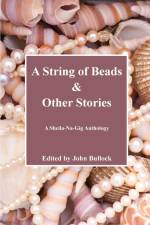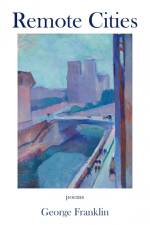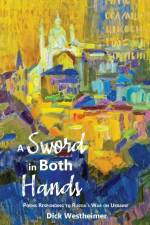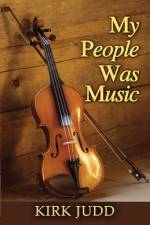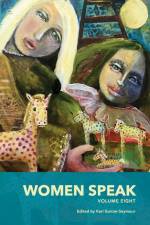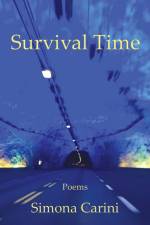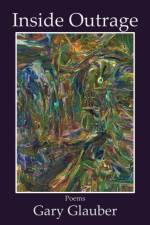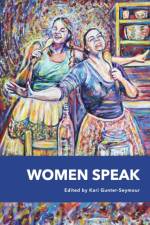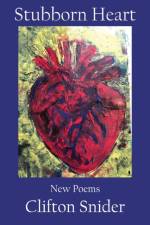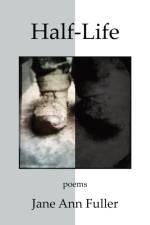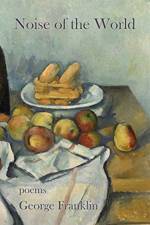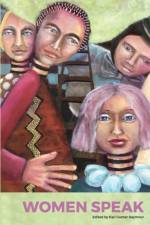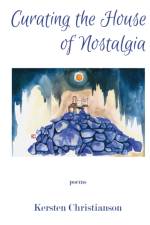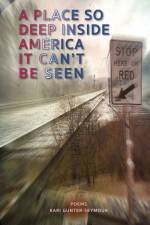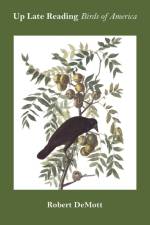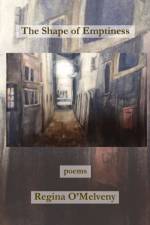av Dick Westheimer
241
Dick Westheimer's debut, A Sword in Both Hands: Poems Responding to Russia's war on Ukraine, is an achievement of profound empathy, reaching across the water to those suffering while reminding us of our distance from them as participatory spectators. The collection spans histories, languages, and forms, at once ambitious in scope and willing to pause with the particular, from the grocery sack of a refugee to the sunflower seed passing from the hands of an old woman to an invading soldier. "The witness will not forget," Westheimer writes, acknowledging the poet's distance from the very role of witness, and aware of his privileged position, far from the violence, that permits a painful forgetting. These poems however, do not let us forget. They push us to remember past atrocity, recognize the precarity of the present moment, and grapple with its implications on the future. "I've no more poems about this war," Westheimer concludes in a lyrical, unrelenting ghazal closing the collection. And yet, the poem paradoxically continues to sing, and insists on song, on the poems yet to be written in the face of destruction. War, Westheimer shows us, is powerless against our impulse to fight through language and voice: "Now, again, is the time for The Forest Song to be sung to the trees." --Julia Kolchinsky Dasbach, PhD, author of The Many Names for Mother (Kent State University Press, 2019

